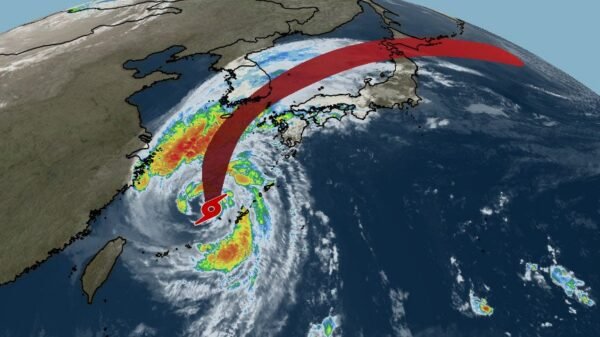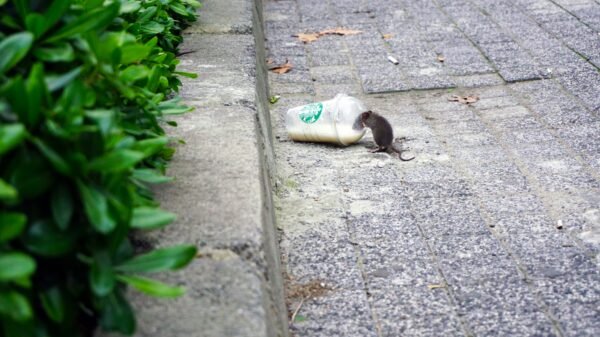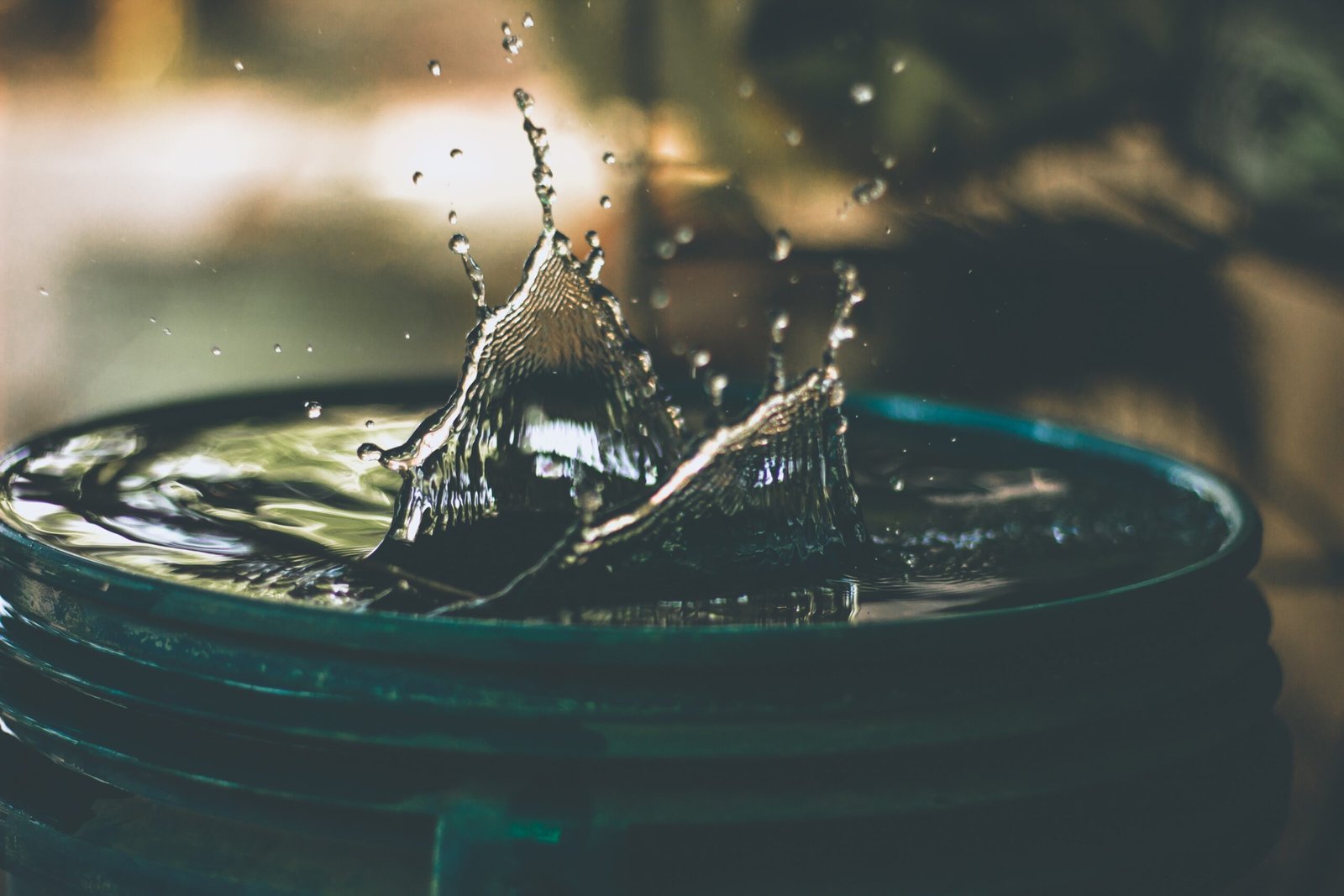The Importance of Safe Drinking Water
Access to clean and safe drinking water is a basic human right. However, millions of people around the world still lack access to this essential resource. Contaminated water can lead to a range of health issues, including waterborne diseases such as cholera, typhoid, and dysentery. In order to ensure the health and well-being of communities, it is crucial to implement sustainable water purification solutions.
Challenges in Water Purification
Water purification is the process of removing contaminants and impurities from water, making it safe for consumption. However, there are several challenges that need to be addressed in order to achieve sustainable water purification:
- Water scarcity: Many regions face water scarcity, making it difficult to meet the water demand for both domestic and industrial purposes.
- Pollution: Industrial and agricultural activities contribute to water pollution, contaminating water sources and making them unfit for consumption.
- Limited infrastructure: In some areas, there is a lack of proper infrastructure for water treatment and distribution.
- Energy consumption: Traditional water purification methods often require a significant amount of energy, contributing to carbon emissions and environmental degradation.
Sustainable Water Purification Solutions
To address these challenges and ensure safe drinking water for all, sustainable water purification solutions are essential. Here are some effective solutions:
1. Rainwater Harvesting
Rainwater harvesting is a simple and cost-effective method of collecting and storing rainwater for future use. By installing rainwater harvesting systems, communities can reduce their reliance on groundwater sources and ensure a sustainable supply of clean water.
2. Filtration Systems
Water filtration systems play a crucial role in removing impurities and contaminants from water. There are various types of filtration systems available, such as activated carbon filters, reverse osmosis systems, and ceramic filters. These systems can be used at both the household and community levels to purify water.
3. Solar-powered Water Purification
Using solar energy to power water purification systems is an eco-friendly and sustainable solution. Solar-powered purification systems can be used to treat water from various sources, including rivers, lakes, and wells. These systems are not only energy-efficient but also reduce the reliance on fossil fuels.
4. Desalination
Desalination is the process of removing salt and other impurities from seawater, making it suitable for drinking and irrigation. While traditional desalination methods are energy-intensive, advancements in technology have led to the development of more sustainable and efficient desalination techniques, such as reverse osmosis and solar desalination.
5. Natural Water Treatment
Natural water treatment methods utilize natural processes and materials to purify water. Examples include using plants like water hyacinths and reed beds to remove pollutants, as well as biofiltration systems that use bacteria and other microorganisms to break down contaminants.
The Way Forward
Ensuring access to safe drinking water is a global challenge that requires collective efforts. Governments, NGOs, and communities need to work together to implement sustainable water purification solutions. Investing in research and development of innovative technologies, promoting water conservation practices, and raising awareness about the importance of clean water are crucial steps towards achieving universal access to safe drinking water.
By adopting sustainable water purification solutions, we can not only improve the health and well-being of communities but also protect our environment for future generations.
































